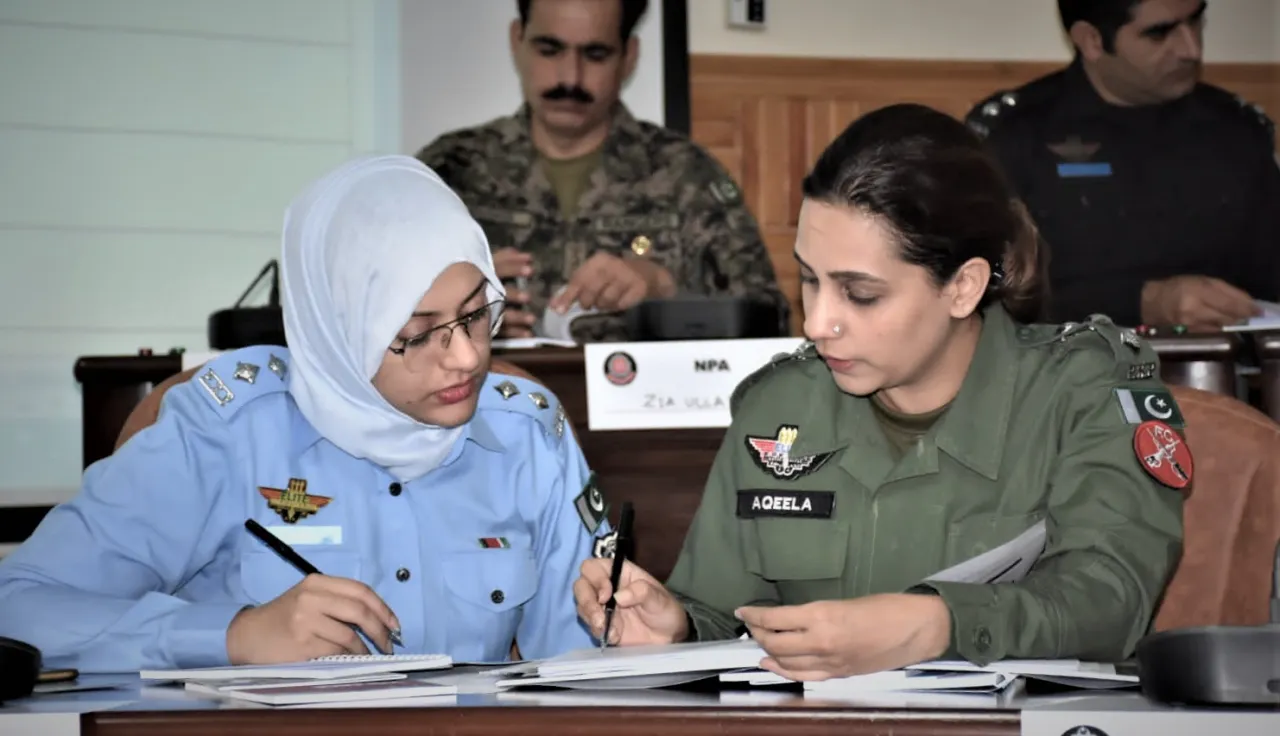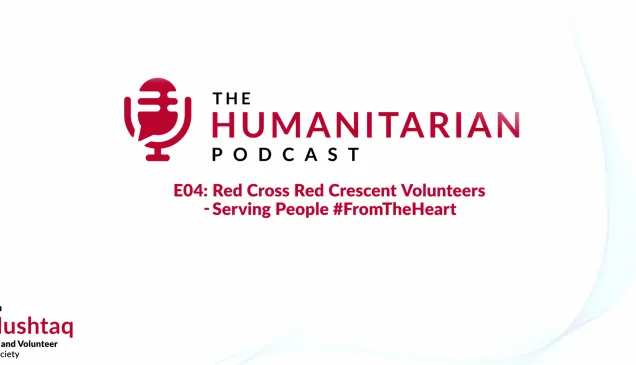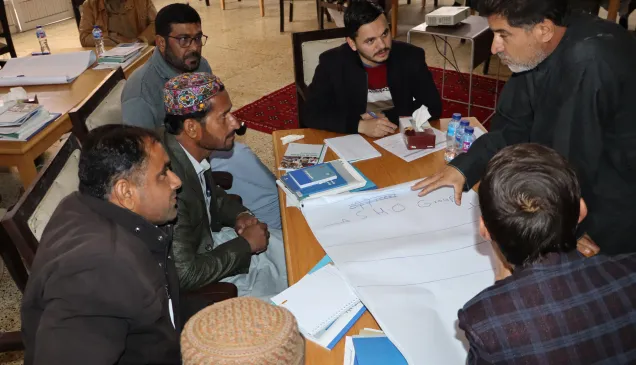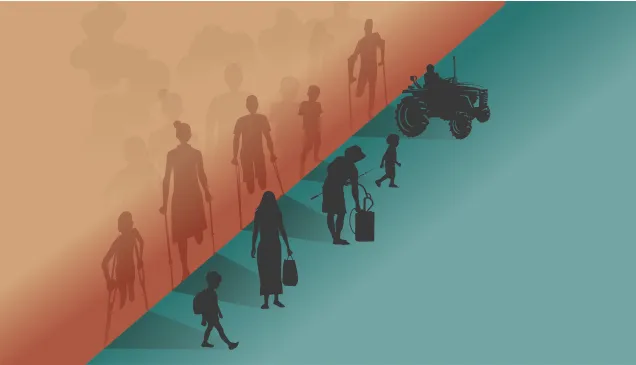Pakistan: Police and armed forces find common ground during IHL training

The International Committee of the Red Cross (ICRC) in partnership with the National Police Academy, Islamabad, organized a pilot course entitled "Armed Conflict, Other Situations of Violence and International Law for Practitioners" from 14–16 July. The three-day course helped participants to explore the complementary and overlapping aspects of their respective operational work in relation to international humanitarian law (IHL) and international human rights law (IHRL).
The course was designed to reflect international legal frameworks concerning the conduct of hostilities and law enforcement along with international best practices. The diverse group of participants included representatives of intelligence agencies, legal and operational officers of the armed forces and representatives of different departments within the police force.
Assistant Superintendent of Police (Investigations) in Islamabad Nida Bakht, who was one of the participants, said, "We are given extensive instruction on the operational aspects of our work at the training academy, but it is interesting to note the different ways in which these operations sometimes fall under the military's domain depending on the applicable legal paradigm."
Another participant, Muhammad Bilal, Director (Operations) for Safe City Project, Islamabad, also appreciated the course and the participant pool. "In the line of duty, vulnerable groups often become an afterthought. Our reaction to any emergency is to opt for the most obvious solution, but it is essential to place more vulnerable groups like children and women at the centre of our response," he said.
At the end of the course, Maria Mahmood, Director In-Service Training, and Course Commander Umar Riaz reiterated the importance of training opportunities that bring together the armed forces and police. "I have seen that the ICRC is a fiercely neutral organization because of which a participant pool like this one can come together on a shared platform, exchange knowledge and learn from each other," said Riaz.



